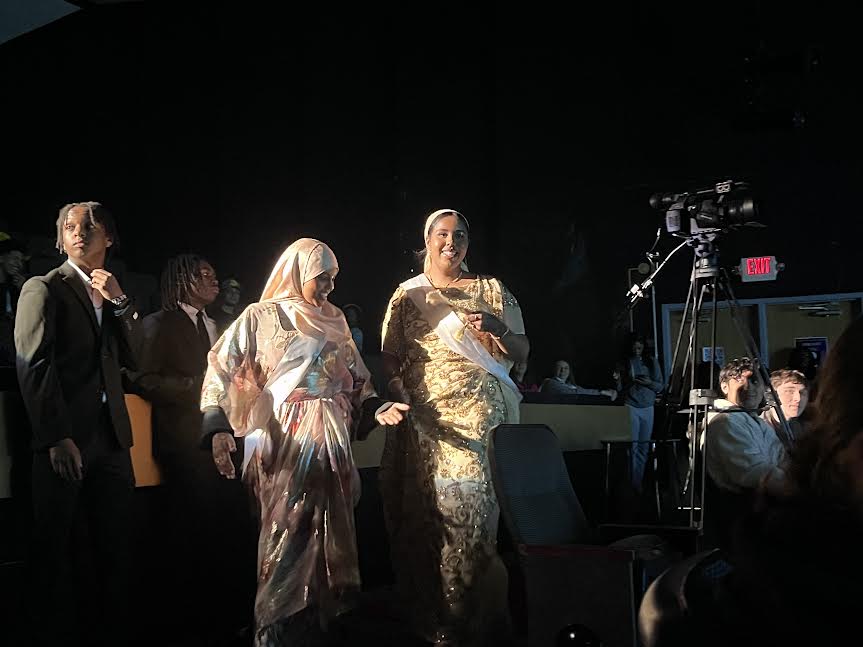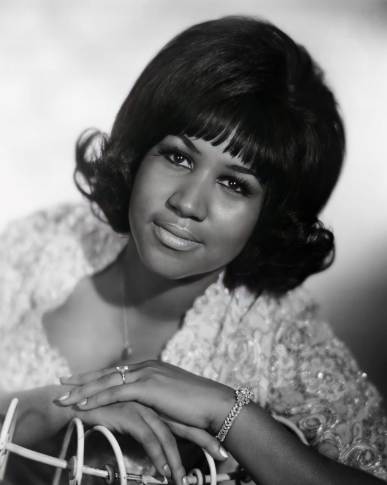What You Need to Know About Black History Month
February 28, 2022
Black History Month (BHM) is a United States’ holiday for celebrating and sharing African-American history, traditions, and culture, but until 1915, BHM was “Negro History Week.”
Black History Month was founded by African-American historian, Carter Godwin Woodson. Although, many people and organizations came forward and pushed for the week to be a month of recognition.
With February being the shortest month of the year, there is a lot of confusion as to why the holiday was chosen to be celebrated during this month. Like anything else, there is reasoning behind this choice.
According to History.com February was chosen to pay respects to Abraham Lincoln (Feb. 12) and Fredrick Douglass (Feb. 14), whose birthdays are the second week of February. Originally the same week, “Negro History Week” took place.
It was thought to be a good idea at the time considering it was taught that both Douglass and Lincoln were abolitionists, which was later debunked in school textbooks.
Per memory.loc.gov’s article on abolition, anti-slavery, and the rise of sectional controversy, abolitionists are described as people who “focused their attention on slavery and creating racial equality and justice.” Using this definition of an abolitionist, this would mean Lincoln was not in fact an abolitionist but rather an antislavery activist.
History.com goes on to explain the different themes of BHM, which are chosen by the president of the time and has been since 1928. Typically, the themes reflect advancements in the community based on how they “have viewed themselves, the influence of social movements on racial ideologies and the aspirations of the black community,” according to ASALH’s article regarding BHM themes over the years.
To save you a Google search… This year’s theme is “black health and wellness.” In 2022, the Black community has seen an increase in diversity of the medical field. The increase is said to be the cause of continuous discrimination and disparities when it comes to the health of African-Americans (and people of color). This has led to the increase of African-Americans in the medical field in hopes of creating a “safe space” for other people in the Black community, and people of color according to an article explaining BHM themes by asalh.org.
Just as the themes of BHM have changed over the years, so has the month itself. From being observed for a week to a month, there have been many changes to BHM and how society views the month due to events that took place in the black community. The most significant issues have been the most impactful, changing the way schools celebrate BHM.
Before, many schools taught curriculum containing plentiful Black history during BHM; whereas, it is required to teach Black history alongside the other history curriculum. Still, many children and adults are misinformed or unaware of all the aspects of African-American history… Why?
Junior, Andra Vaughan says she believes “the pandemic has set us back and impacted the way we’ve celebrated Black History Month. Especially since there were no shows last year.” This year, all of the Westerville City Schools were able to continue their annual BHM show, with Westerville South’s being Feb. 23.
Currently, BHM at South was celebrated with the BHM show. Depending on the history course, teachers could have included a BHM lesson, but for many upperclassmen, that is not the case.
Nana Ayesu, junior and former Westerville North student said, “At North, we had a culture celebration the whole day.” The day consisted of “everyone dressing in their country’s attire, bringing food from their country, and dancing to their music,” said Ayesu. “It was very inclusive and was a great opportunity to learn about others’ cultures.”
While South has not taken on this tradition, there are a few options students can take to learn more about Black and African-American culture. The media center has a display of books by Black authors which feature black characters, their experience, and past experiences. As well as, a choice board with a link to 26 Black history facts.
There are many options and resources to learn more about Black history and BHM itself, such as The Scribe’s BHM profiles, which were posted throughout the month of February and focus on African-Americans who are not well known but impactful to Black history.
The more you know!














